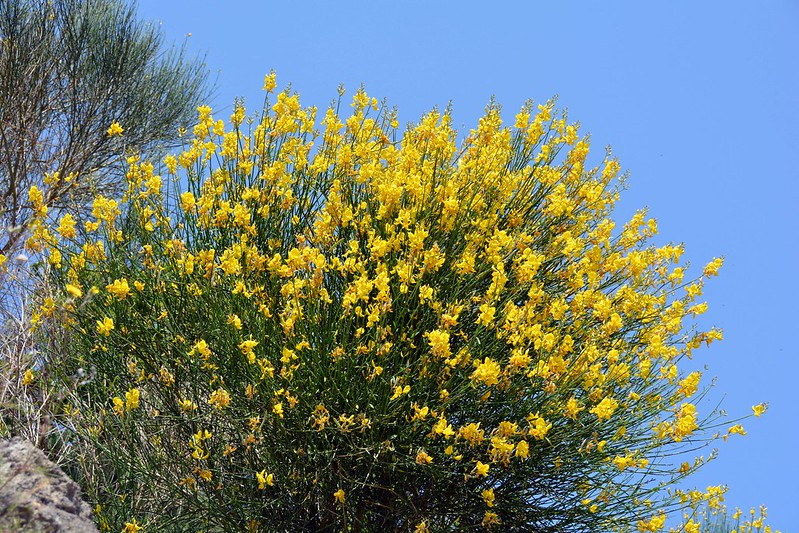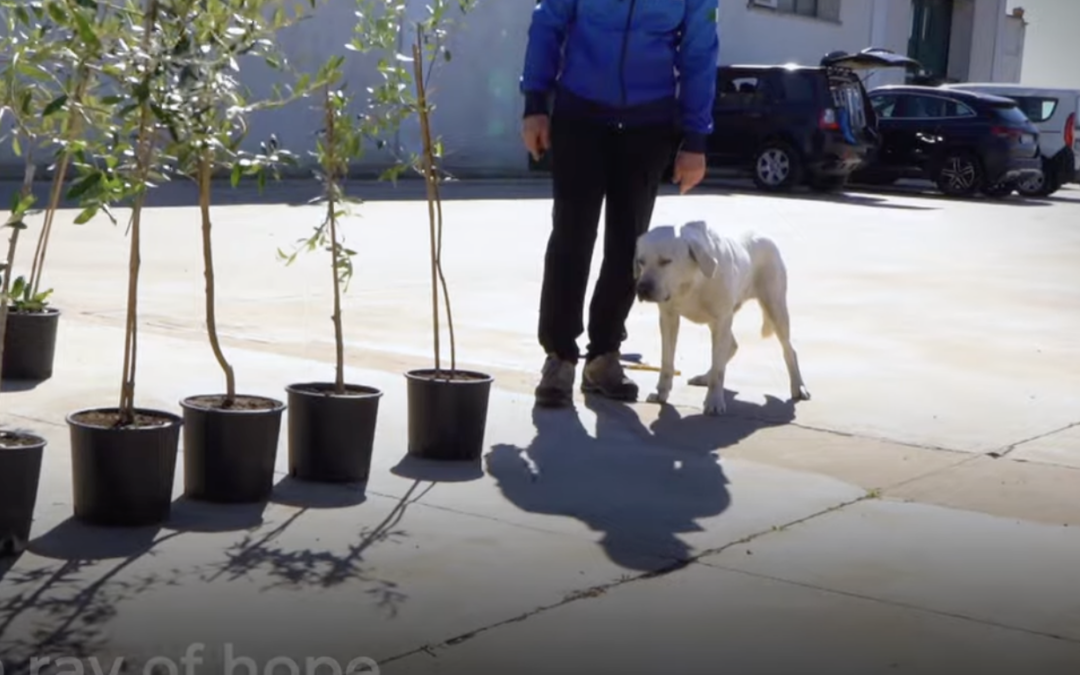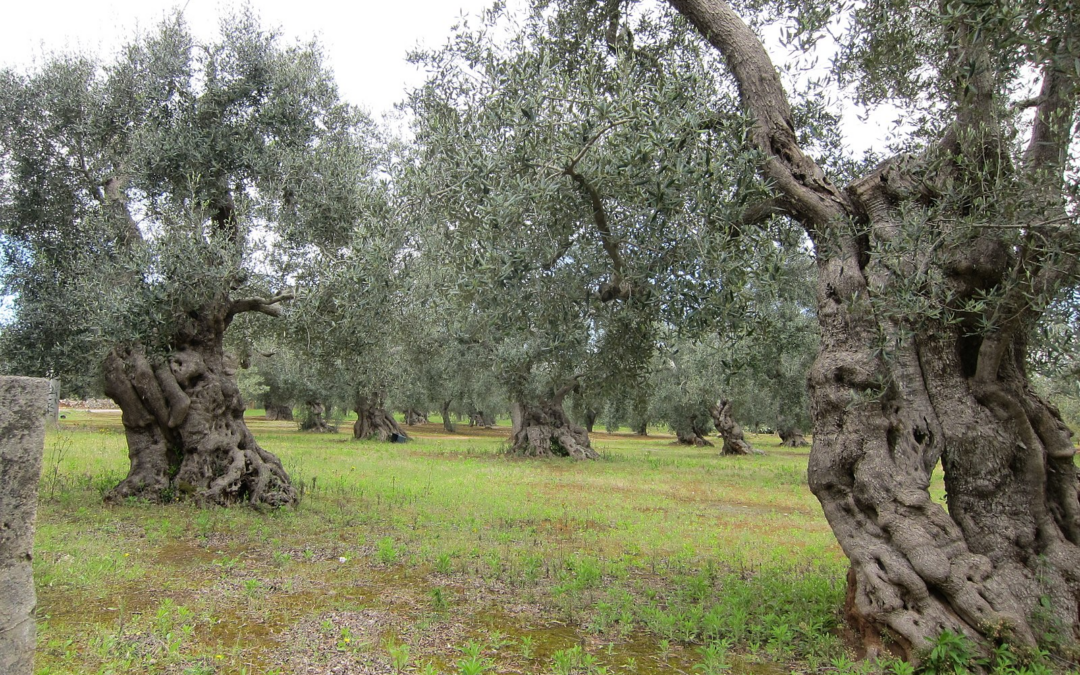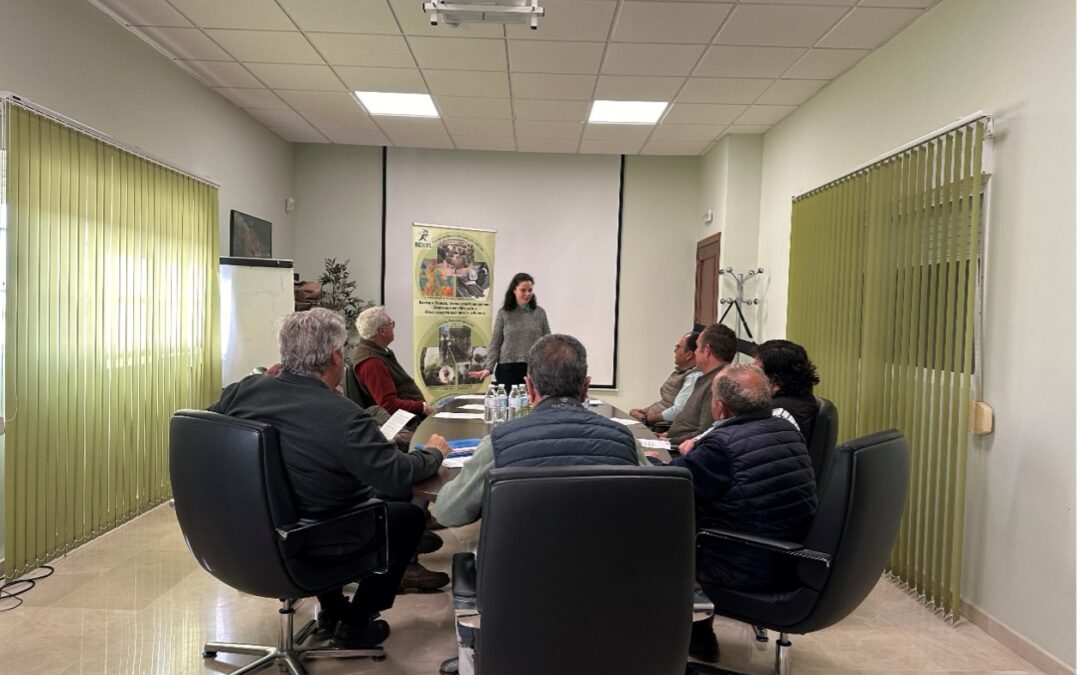Two recently published papers authored by researchers of the BeXyl consortium expand the knowledge of X. fastidiosa genomes.
Researchers of the CNR-IPSP published the “Draft Genome Sequence Resource of Xylella fastidiosa Strain Alm_Lz_1 Associated with a New Outbreak in Lazio, Italy” . In November 2021, X. fastidiosa was detected in an almond tree in the Lazio Region in Italy. The DNA analysis revealed it belonged to the multiplex subspecies, displaying the same sequence type of the outbreak discovered approximately 30 to 50 km apart in the Tuscany region in late 2018. The report describes the draft genome sequences of that specific X. fastidiosa strain, adding to the knowledge of European strains of X. fastidiosa.
In a second paper, scientists from IAS-CSIC analyzed seven X. fastidiosa strains unveiling unknown plasmids, i.e., the DNA molecules found off the chromosomes. Plasmids’ mapping is of interest because they can carry genes related to the ability of the organism to survive, for instance antibiotic resistance. The study entitled “Complete circularized genome resources of seven strains of X. fastidiosa subsp. fastidiosa using hybrid assembly reveals unknown plasmids”, examined the genomes of seven X. fastidiosa subsp. fastidiosa strains isolated from different plants in Spain, the USA, and Mexico. Comparative genomic analyses discovered differences in plasmid content among strains. Plasmids’ mapping is interesting because they can carry genes related to the organism’s survival ability, such as antibiotic resistance. The work is part of the endeavor to better understand plasmids’ role in the epidemiology, ecology, and evolution of X. fastidiosa.

New Xf outbreak in Spain, near the border with Portugal
In early July, the Plant Health Service of the Directorate-General for Agriculture and Livestock of the Region of Extremadura in Spain reported the presence of Xylella fastidiosa, subspecies fastidiosa, in a wooded area of Valencia de Alcántara, close...







